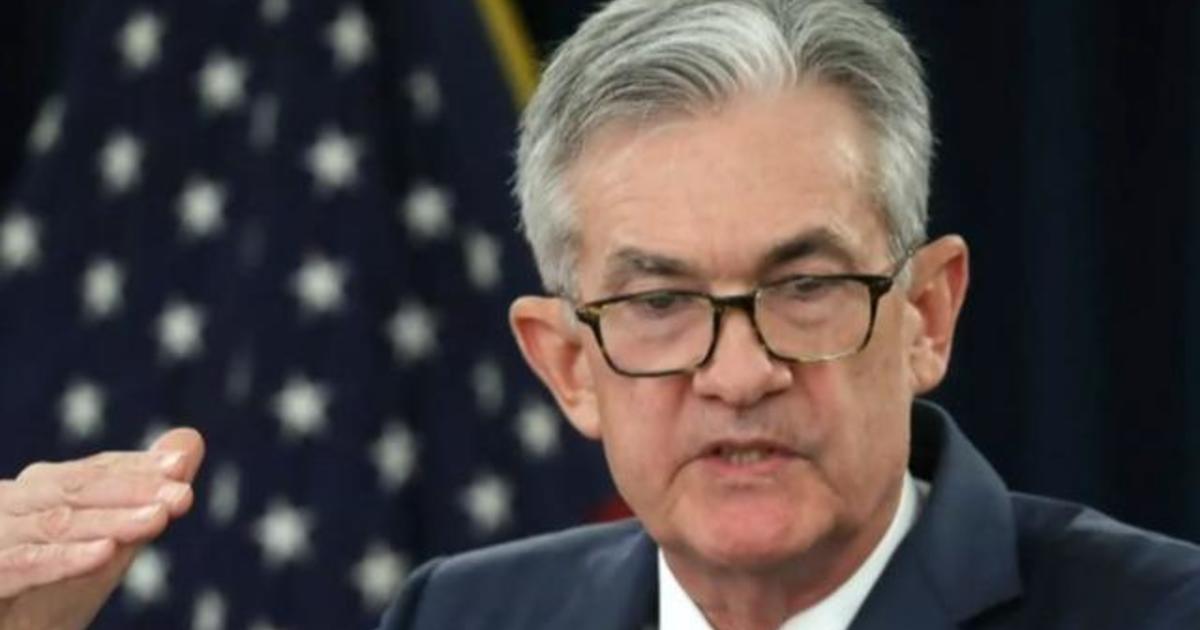MoreBack to News Headlines

The Fed hiked interest rates for the first time since 2018. Here's how that could hit your wallet.
CBSN
Americans have gotten used to low interest rates for borrowing money, making it cheap to take out a loan for a home, car or other needs. But consumers will now find themselves paying more for all types of loans and credit this year now that the Federal Reserve has raised interest rates for the first time since 2018.
Fed officials on Wednesday afternoon announced that they are raising the central bank's benchmark short-term interest rate 0.25%. That might not seem like much, but a quarter point move in the federal funds rate is expected to be only the first of several such increases this year as the Fed normalizes monetary policy and tries to douse the steepest inflation in decades.
More Related News





















 Run 3 Space | Play Space Running Game
Run 3 Space | Play Space Running Game Traffic Jam 3D | Online Racing Game
Traffic Jam 3D | Online Racing Game Duck Hunt | Play Old Classic Game
Duck Hunt | Play Old Classic Game











